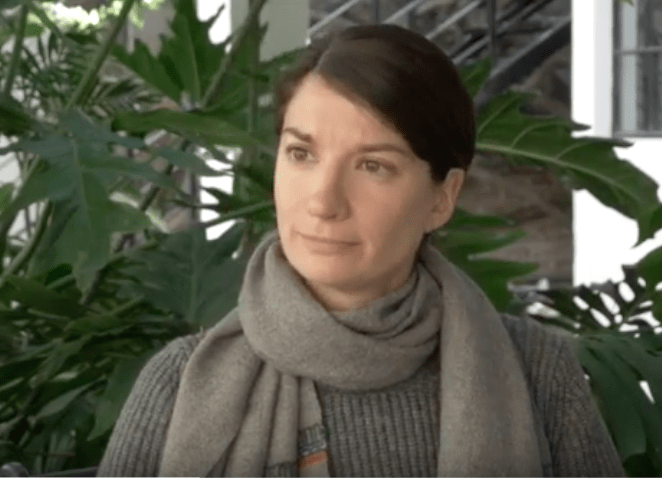Thinking of getting a literary agent?
That can be easier said than done, with agents often sifting through masses of proposals.
So how do you stand out and make an agency realize that your work is worth investing in?
Anna Knutson Geller is a literary agent who splits her time between New York and San Miguel de Allende in Mexico.
Specializing in spirituality, practical non-fiction and inspirational memoirs with her agency Write View, Ms Geller says that aside from a gripping sense of story telling and a real authority over the subject matter, an author’s existing platform plays a big role.
“I’m looking at whether they blog, whether they send a newsletter, what their social media presence is like,” says Ms Geller.
“I’m looking for someone who is not only able to write, but able to amplify that message out to a wider readership.”
You may have thought that once you’ve done all the hard work of writing your book the marketing side would all be up to the publisher, but that is no longer the case.
These days, new authors are expected to have already built an audience for their work.
“It’s important because there are so many books published each year that unless your idea is so novel and compelling that it really will speak for itself and draw an audience to it, more and more publishers are really looking for an author who has laid that groundwork of getting an built-in readership, even before that book comes into the world,” says Ms Geller.
Aside from beefing up your social media presence and personal blog, there are a number of other things that can make your pathway toward finding an agent a little smoother.
This includes doing your homework and knowing the name of the person you are addressing, what an agency specialises in and why your work would be a good fit for them.
“If somebody is submitting a fantasy novel, you can see on my website that I really focus on non-fiction,” says Ms Geller.
“I like to see that a prospective author has done their homework in terms of why they are submitting to me and not just doing a blanket submission to fifty-something agents.”
Having a firm handle on what your book is about is also crucial – and surprisingly rare.
“What I don’t see enough is authors who really know how to encapsulate the main idea of their book in a one to two sentence hook,” Ms Geller explains.
“If you as an author can’t really grab someone’s attention by describing your book in a quick and pithy way, no one else is going to be able to do that for you.”
When approaching her, this short pitch should be right at the top of your email, because agents are busy and don’t want to read a whole page just to understand what you are inquiring about.
According to Ms Geller, most also don’t want to open attachments from unknown contacts, to avoid viruses, so don’t attach your proposal in your first email. Rather, just send a short inquiry with that concise and enticing pitch, and wait with the full proposal until you have received a response.
And for those who are ready to get their book out there and want to ensure their proposal does it justice, Anna Geller will be teaching a three-hour intensive workshop on proposal writing at the San Miguel Writers’ Conference on February 16, 2019.
This story was produced for the San Miguel Writers’ Conference.
